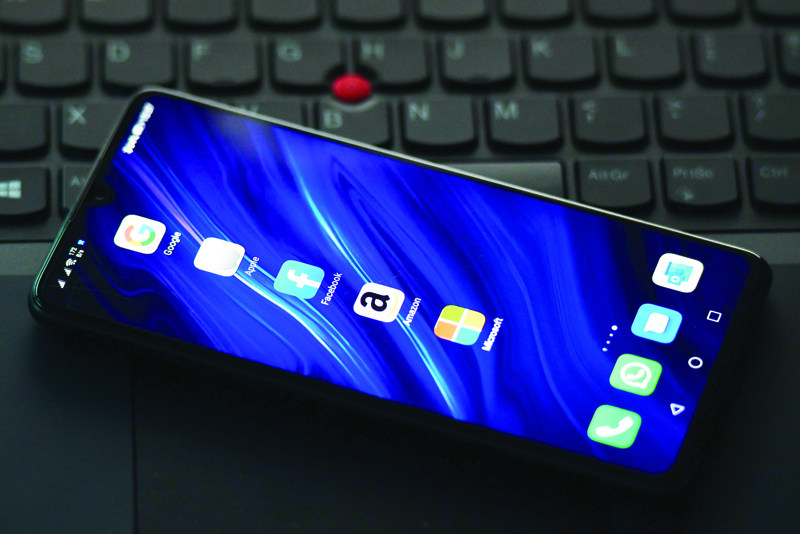
SYDNEY: Facebook has banned Australian celebrity chef and conspiracy theorist Pete Evans for repeatedly spreading misinformation about the coronavirus. With more than a million social media followers, Evans had been an influential promoter of conspiracy theories about the pandemic and vaccines. Facebook said yesterday it would not "allow anyone to share misinformation about Covid-19 that could lead to imminent physical harm" or falsehoods about COVID-19 vaccines.
"We have clear policies against this type of content and we've removed Chef Pete Evans' Facebook Page for repeated violations of these policies," the company said in a statement. The former chef's page on Instagram-a Facebook-owned platform-with 278,000 followers is still active, however, and includes posts that encourage Sydney residents to defy public health officials and refuse to get tested for the virus.
Australia's largest city is currently battling to contain a cluster of more 100 cases that ended months of low community transmission. Evans said on Instagram Thursday that he was glad to be "one of the catalysts for a conversation" about freedom of speech and described the science around the pandemic as "BS". Facebook has previously banned some high profile accounts that peddled misinformation and hate speech, most notably those of conspiracist Alex Jones and far-right figure Milo Yiannopoulos.
Under fierce scrutiny and criticism that the platform is debasing public debate, Facebook has also announced a ban on accounts linked to the QAnon conspiracy group. Evans was previously known for promoting pseudoscientific dieting ideas-often linked to his own commercial enterprises-such as the palaeolithic diet, earning him the nickname "Paleo" Pete. Several companies recently ditched Evans and his books were pulled from the shelves after he posted a "black sun" Nazi symbol on social media. Evans denies trafficking in lies, and denounces what he calls "fear-based propaganda." "The pandemic is a hoax. It is as simple as that" he told AFP earlier this year, without offering any credible evidence.
Facebook, YouTube
In another development, Russian lawmakers on Wednesday moved a step closer to allowing regulators to block internet platforms like Facebook and YouTube if they are deemed to have censored content produced by Russians. Russia's lower house of parliament, which passed draft legislation in a third reading, said in a media release that authorities can target platforms if they have been found to limit information based on nationality and language. The lower house State Duma added that internet websites could also be sanctioned "in the event of discrimination against the content of Russian media".
In an explanatory note attached to the bill, the authors wrote that authorities have been receiving complaints this year from Russian media that their accounts have been censored by "foreign internet platforms Twitter, Facebook and YouTube". Earlier this year the US tech giants introduced labels for state-affiliated media outlets. The legislation now needs to get approval from the upper house Federation Council before President Vladimir Putin signs it into law-steps that are considered to be formalities.
The Kremlin in recent years has stepped up its efforts to control the Russian segment of the internet under the pretext of combating online extremism. In 2018 regulators ordered the encrypted messenger service Telegram to be blocked, although those attempts were ended earlier this year after its co-founder Pavel Durov reported on steps to combat extremism. Last week a Moscow court fined Google for not taking down online content banned by Russian authorities, the latest in a series of escalating penalties. In February a Moscow court fined Twitter and Facebook for ignoring a Russian law requiring them to store Russian citizens' user data inside the country. - Agencies

